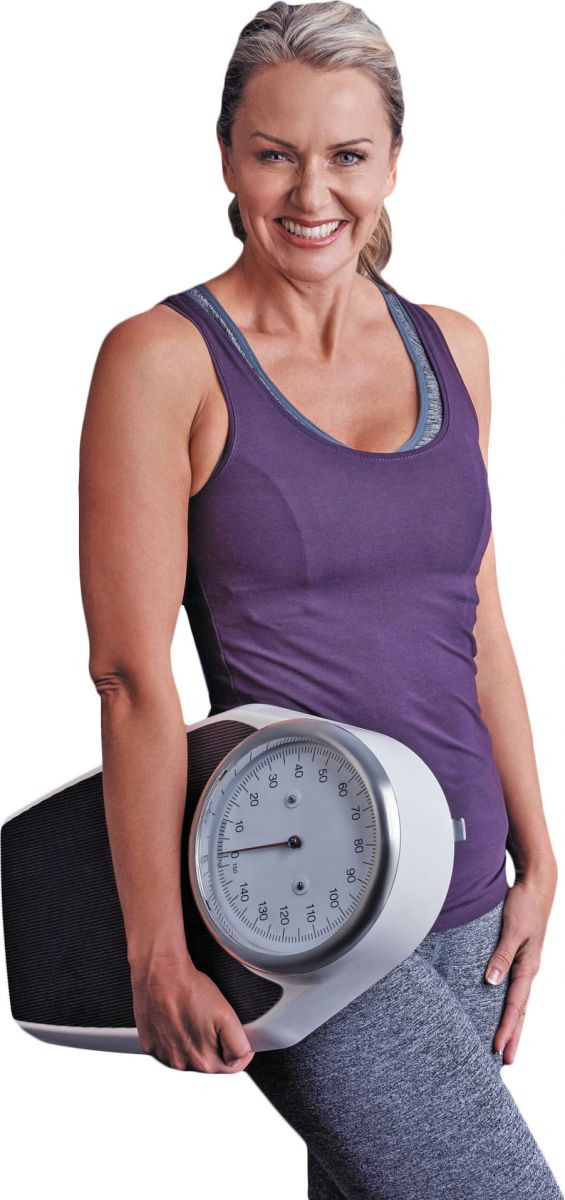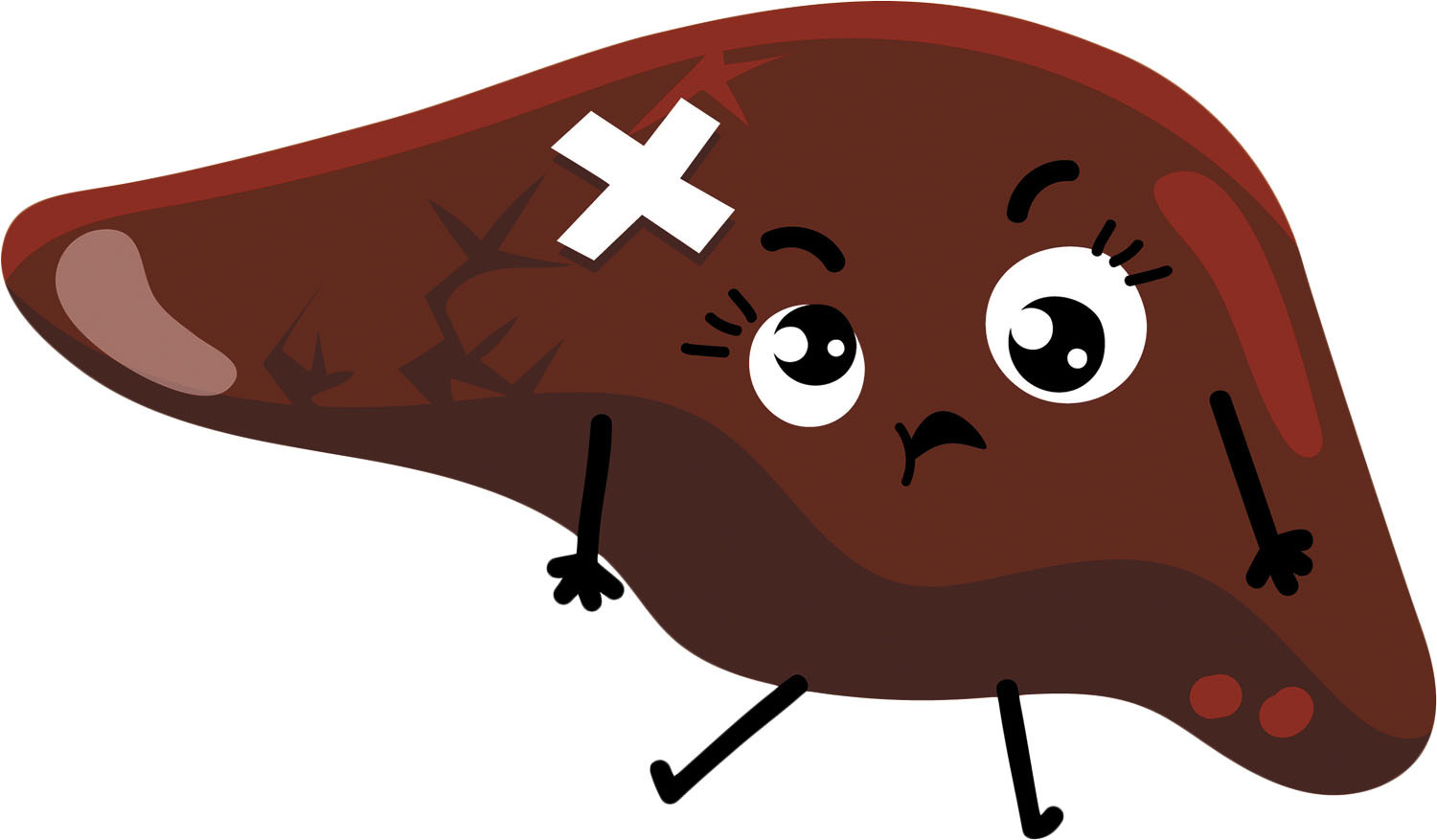
5 timeless habits for better health

What are the symptoms of prostate cancer?

Is your breakfast cereal healthy?

When pain signals an emergency: Symptoms you should never ignore

Does exercise give you energy?

Acupuncture for pain relief: How it works and what to expect

How to avoid jet lag: Tips for staying alert when you travel

Biofeedback therapy: How it works and how it can help relieve pain

Best vitamins and minerals for energy

Should you take probiotics with antibiotics?
Diet & Weight Loss Archive
Articles
Harnessing the power of high-intensity interval training
Adding short bursts of ramped-up exercise to your workout may be good for your waistline as well as your heart health.
For decades, competitive athletes have added brief bouts of strenuous exercise to their workouts to boost their performance. Known as interval training, this practice is now moving into the mainstream, bolstered by emerging evidence of its health benefits for all sorts of people, including those with heart disease.
"There's a growing consensus that interval training helps people lose weight and may have cardiovascular benefits," says cardiologist Dr. Stephen Wiviott, associate professor of medicine at Harvard Medical School. Also known as high-intensity interval training (HIIT), these workouts alternate between periods of high-intensity and lower-intensity activity. You can do intervals during any type of exercise — walking, running, cycling, swimming, or even while doing calisthenics, such as jumping jacks, push-ups, or squats. A longtime distance runner, Dr. Wiviott started doing HIIT workouts at his local CrossFit gym about a year ago. "Even though I was exercising for shorter periods of time, I lost body fat and felt better," he says. His positive experience spurred him to explore the evidence supporting HIIT.
Body fat may predict aggressive prostate cancer
In the journals
Excess weight not only raises your risk of prostate cancer, it can also mean more aggressive and fatal cancer, according to a study published online June 10, 2019, by Cancer.
Scientists found that the accumulation of visceral fat (the hidden kind that lies deep in the abdomen and surrounds the major organs) and subcutaneous fat in the thighs (which lies just under the skin) were both associated with a greater chance of developing advanced prostate cancer as well as dying from the disease.
Artificial light at night may lead to weight gain
Research we're watching
If you leave lights shining or keep the television on while you sleep, it could affect your waistline, according to a study published online June 10 by JAMA Internal Medicine. The study found an association between exposure to artificial light during sleep and weight gain in women.
The research team looked at questionnaires completed by more than 40,000 women, which asked, among other things, whether the women slept with lights on nearby or in the same room. The researchers also recorded the women's height, body mass index (a measure of weight in relation to height), and waist size at the time they entered the study and then five years later. They found that women who slept with a light or television on in the room were 17% more likely to have gained 11 pounds or more during the course of the study. They did not find a similar effect when women used a small night light or had a light on outside the room that shone in. It's not clear why exposure to artificial light was linked with weight gain, but researchers speculated that it might affect sleep quality.
Winning the weight battle after menopause
Lifestyle changes may not always be enough to control biologically driven body changes.
You spend hours in the gym every day. You eat nothing but grilled chicken, fish, and salads. Yet the numbers on the scale don't budge — or worse, they slowly creep up, along with your waist measurement.
Welcome to menopause.
"The change" actually does bring changes for many women, including weight gain that can resist even the most diligent efforts to reverse it, says Dr. Fatima Cody Stanford, instructor in medicine at Harvard Medical School.
Skip vitamins, focus on lifestyle to avoid dementia
News briefs
Vitamins and supplements won't help stave off dementia, but a healthy lifestyle might, suggest new guidelines released May 19, 2019, by the World Health Organization (WHO). The WHO warns that the number of new dementia cases around the world — currently 10 million per year — is set to triple by 2050. While there's no cure for any kind of dementia (such as Alzheimer's disease and vascular dementia), the WHO says it may be possible to delay the onset of the disease or slow its progression. The key: managing modifiable risks, such as chronic disease and unhealthy habits. The guidelines recommend that you keep your weight, cholesterol, blood pressure, and blood sugar under control; get lots of exercise; and eat a Mediterranean-style diet (which emphasizes olive oil, fruits, vegetables, nuts, and fish; minimizes red meats and processed meats; and includes a moderate amount of cheese and wine). The WHO also advises that you don't smoke and you avoid harmful use of alcohol (no more than one drink per day for women, no more than two drinks for men). But don't count on supplements to help you stave off dementia. The WHO says there's no evidence that vitamin B, vitamin E, multivitamins, or fish oil supplements help reduce the risk for dementia. The agency recommends against using supplements as a means to ward off cognitive decline.
Image: © kali9/Getty Images
Not so fast: Pros and cons of the newest diet trend
Intermittent fasting promises better health and longer life, but does it work?
The obesity epidemic has spawned a cottage industry of weight-loss schemes. Currently in vogue is intermittent fasting, which involves alternating intervals of extreme calorie reduction with periods of normal eating. Proponents of an intermittent fasting regimen claim that it helps shed pounds faster than traditional diets, as well as reduce inflammation and other heart disease risks.
What is intermittent fasting?
All diets achieve weight loss through the same equation — you take in less food energy each day than your body burns for normal activity. Intermittent fasting achieves this goal by severely limiting calories during certain days of the week or during specified hours during the day. The theory is that intermittent fasting will help decrease appetite by slowing the body's metabolism.
New FDA-approved weight loss device shows promise
Not everyone who needs to lose weight is a good candidate for either surgery or medications, so more treatment options are valuable. The FDA has approved a new device to help people lose weight, a capsule containing particles that expand in the stomach.
Is your liver at risk?
Many Americans have fatty liver disease, a condition that can lead to serious liver problems.
If you're not a big drinker, you may not give much thought to the health of your liver. But there might be reason to be concerned. An estimated 64 million Americans have an often-symptomless liver condition called nonalcoholic fatty liver disease (NAFLD), which may put them at risk not only for serious liver disease, but for heart disease as well.
Many people — including doctors — didn't pay much attention to NAFLD until the 1980s, but life insurance companies have had this issue on their radar for years, says Dr. Michelle Lai, an assistant professor of medicine at Harvard Medical School. They knew that an abnormal liver blood test could reflect a lower life expectancy, and they set the premium higher or decline to insure people with the condition, she says.
Why people become overweight
Everyone knows some people who can eat ice cream, cake, and whatever else they want and still not gain weight. At the other extreme are people who seem to gain weight no matter how little they eat. Why? What are the causes of obesity? What allows one person to remain thin without effort but demands that another struggle to avoid gaining weight or regaining the pounds he or she has lost previously?
On a very simple level, your weight depends on the number of calories you consume, how many of those calories you store, and how many you burn up. But each of these factors is influenced by a combination of genes and environment. Both can affect your physiology (such as how fast you burn calories) as well as your behavior (the types of foods you choose to eat, for instance). The interplay between all these factors begins at the moment of your conception and continues throughout your life.
Managing atrial fibrillation: An update
New guidelines provide advice on the role of drugs, weight loss, and procedures to cope with this common heart rhythm disorder.
The classic symptom of atrial fibrillation — a fluttering or thumping sensation in the chest — can leave you breathless, dizzy, and tired. Caused by electrical misfires in the heart's upper chambers (atria), this condition affects an estimated one in 11 people ages 65 and older.
While the symptoms of atrial fibrillation (often called afib) can be unsettling, the real danger is a heightened risk of serious strokes (see "How afib can lead to a stroke"). As many as 30% of strokes from afib prove fatal, notes Dr. Christian Ruff, a cardiologist at Harvard-affiliated Brigham and Women's Hospital.

5 timeless habits for better health

What are the symptoms of prostate cancer?

Is your breakfast cereal healthy?

When pain signals an emergency: Symptoms you should never ignore

Does exercise give you energy?

Acupuncture for pain relief: How it works and what to expect

How to avoid jet lag: Tips for staying alert when you travel

Biofeedback therapy: How it works and how it can help relieve pain

Best vitamins and minerals for energy

Should you take probiotics with antibiotics?
Free Healthbeat Signup
Get the latest in health news delivered to your inbox!
Sign Up











